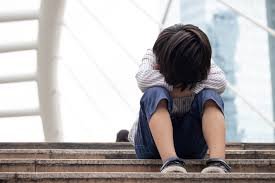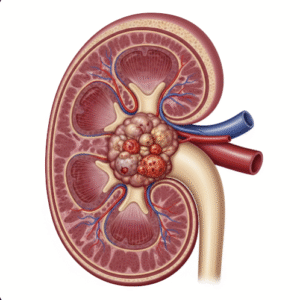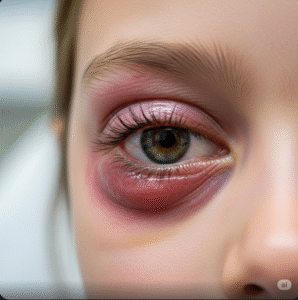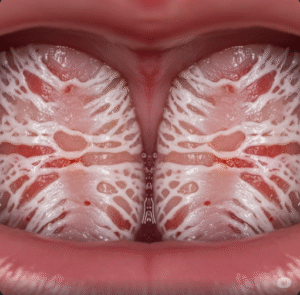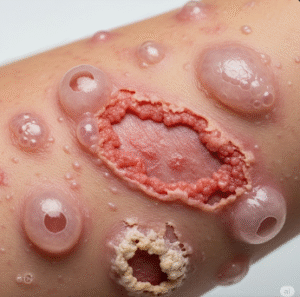Overview
Hurting yourself, often referred to as self-harm or self-injury, involves intentionally causing physical harm to one’s body without suicidal intent. Common methods include cutting, burning, scratching, or hitting oneself. While it may temporarily relieve emotional distress, it often leads to serious physical, psychological, and social complications. In Korea, self-harm is a growing public health concern, especially among adolescents and young adults, linked to stress, academic pressure, mental health issues, and social stigma. Korean healthcare providers offer specialized psychiatric, counseling, and crisis intervention services to support individuals struggling with self-harm behaviors.
What is Self-Harm?
Self-harm is a coping mechanism where individuals deliberately injure themselves to:
- Release emotional pain
- Feel control over overwhelming situations
- Express inner struggles that are difficult to communicate
It is not necessarily a suicide attempt, but it significantly increases the risk of future suicidal behaviors if left untreated.
Symptoms
- Unexplained cuts, bruises, or burns
- Wearing long sleeves or covering up even in hot weather
- Blood stains on clothing or personal items
- Isolation, withdrawal from friends/family
- Emotional instability, irritability, or depression
- Hidden sharp objects or tools used for injury
Causes
Self-harm often results from underlying psychological or emotional struggles such as:
- Depression or anxiety
- Borderline personality disorder (BPD)
- Childhood trauma or abuse
- Bullying or peer pressure
- Academic stress (particularly common in Korea)
- Social isolation and lack of emotional support
Risk Factors
- Adolescents and young adults
- Individuals with mental health disorders
- People experiencing chronic stress, trauma, or neglect
- Family history of mental illness
- Difficulty expressing emotions or poor coping skills
Complications
- Severe infections, scarring, or permanent physical damage
- Increased risk of accidental severe injury or death
- Worsening depression or anxiety
- Social stigma and shame
- Progression to suicidal thoughts or attempts
Prevention
- Early identification and support for at-risk individuals
- School-based mental health programs in Korea to raise awareness and provide counseling
- Strong family and peer support
- Access to mental health hotlines and crisis centers
Treatment Options in Korea
Diagnosis
- Psychiatric evaluation by a mental health professional
- Psychological assessments for depression, anxiety, or personality disorders
- Physical examination for injuries caused by self-harm
Medical Treatments
- Psychotherapy:
- Cognitive-behavioral therapy (CBT) to change harmful thought patterns
- Dialectical behavior therapy (DBT) specifically effective for self-harm and emotional regulation
- Medications (if underlying mental health issues exist):
- Antidepressants (SSRIs) for depression/anxiety
- Mood stabilizers or antipsychotics for severe mood disorders
Rehabilitation and Support
- Hospital-based psychiatric units in leading hospitals such as Seoul National University Hospital and Asan Medical Center
- Community counseling services and school mental health programs
- 24/7 crisis hotlines in Korea (e.g., Korean Suicide Prevention Hotline 1393, Mental Health Helpline 1577-0199)
- Family therapy to strengthen communication and support systems

